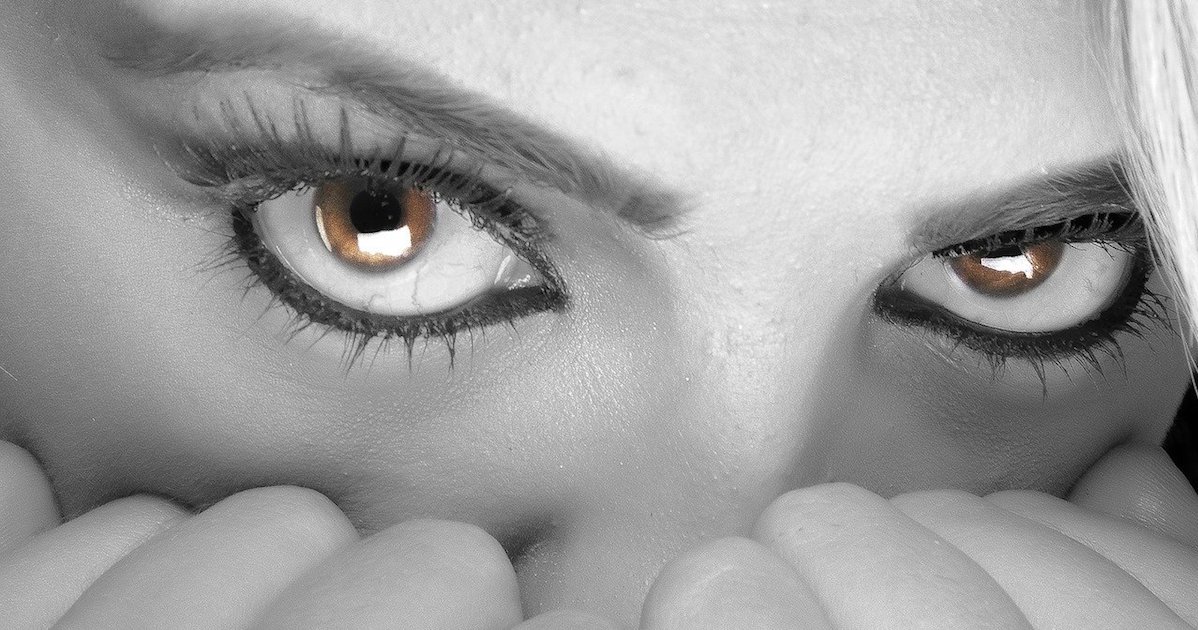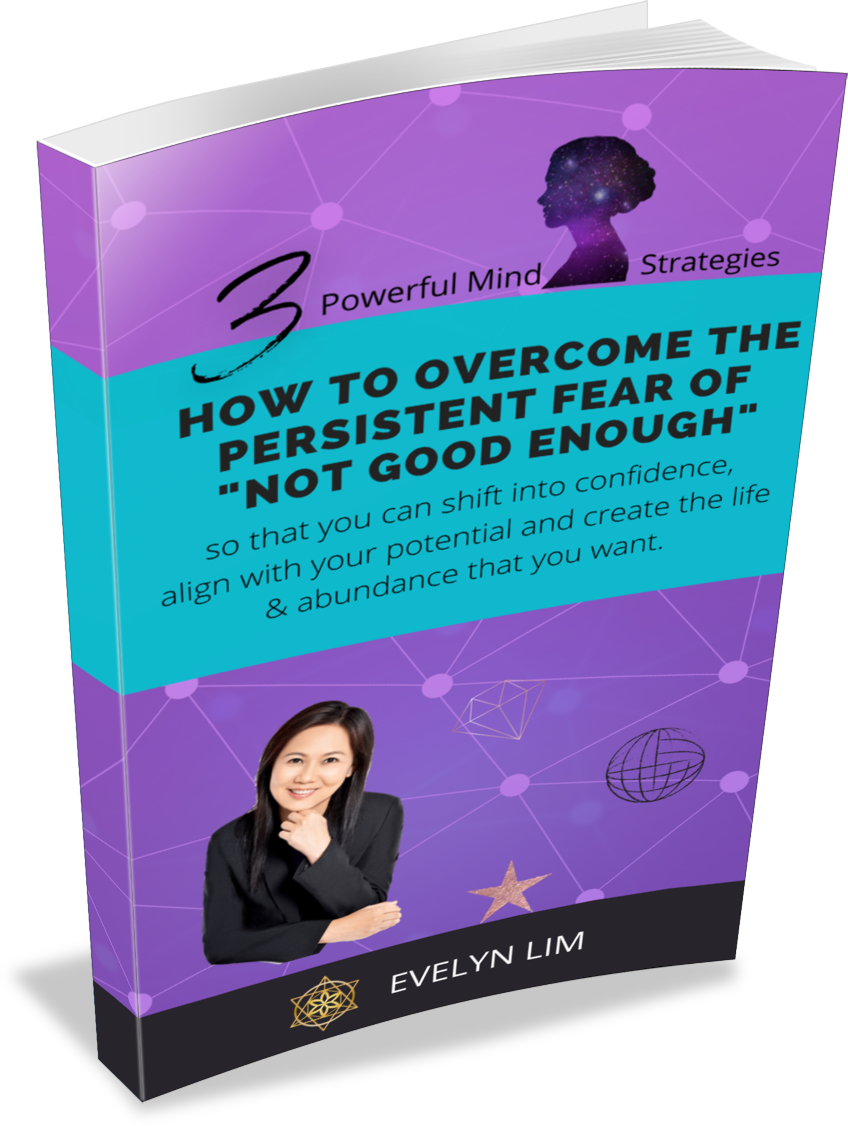Your Ultimate Guide to What the Difference Between Anxiety, Fear and Stress Is

You may be wondering….
Why does it even matter to be aware about what the difference between anxiety, fear or stress is?
Well, for a start, it matters because the more you can make a distinction, the less grip they may have on you.
You can potentially be able to release the appropriate energy and also, apply a more specific belief or targeted action that addresses what’s truly going on with you.
As much as they are related or similar, there are definitely subtle differences between feeling anxious, panicking, and being frozen by fear.
Making a distinction addresses the gap that brings about a shift at a deeper layer. In other words, when you integrate the positive belief that addresses where the specific issue lies, you can potentially be free of your anxiety, fear or stress. You solve the mystery for integration into wholeness, in other words.
Admittedly, most of us do not make any distinction between the terms used. We tend to lump negative emotional states into one broad word “stress”. It’s just convenient to use “stress”. In fact, “stress” is often used by those who are unwilling to face their vulnerability and to avoid digging deeper. It is much easier to say that you are stressed than to say that you are anxious or depressed, if you wish to avoid questions from others.
However, if you are a coach or healer offering emotional therapy services like myself or if you are someone who’s keen to explore your emotional layers, then you may just want to read on to understand more. Let’s begin with what we already do know.
We already know that anxiety and fear prepare the body to act in response to a threat. Both produce a stress response.
You may distinguish both anxiety and fear through your bodily experience. Fear that takes over you when you are threatened by a knife in a dark alley is rather different from the butterflies in your stomach just before taking an exams.
Many liken the feeling of fear to be more intense than anxiety. Then again, it is also not entirely true that fear is a much stronger force as compared to anxiety. It’s possible to feel scared at the sight of a cockroach flying towards you but the moment is short-lived. On the other hand, it is possible to suffer from bad insomnia night after night and suffering from chronic anxiety.
Ultimately what matters is how you cope.
Symptoms tend to overlap whether you are having anxiety, fear or if you have simply thought of it as stress. Refer to list of anxiety symptoms here.
However, your experience with these emotions differs based on their context. Anxietyis an emotional response to an unknown, expected or poorly defined threat. On the other hand, fear relates to a known or understood threat.
What is Anxiety
Anxiety is a reaction to stress. It is anticipatory and is usually based on an imagined threat, one that has not yet materialised. Anxiety causes you to get ready to act and deal with the perceived threat.
Imagine you are walking down a dark street late in the night. You may feel a little uneasy and perhaps you have a few butterflies in your stomach. Your anxiety symptoms are related to the thought that a stranger may just jump out in front of you. This anxiety is not the result of a known or specific threat. Instead, it arises from how your mind is interpreting possible dangers that could occur. It could be because you have watched enough movies to imagine such a scenario happening to you.
When anxiety symptoms are experienced over time, it can cause a great deal of distress. You are on constant alert. Always imagining that bad things are going to fall on you. Addressing anxiety involves understanding the reason for your response to the perceived threat, de-mystifying it and changing your perspectives around it.
What is Fear
Fear is best defined as an emotional response to a known or definite threat.
For example, when you are getting a scolding from your boss who threatens to fire you. Fear can be triggered by either real or imagined threats. What’s important to know is that the brain cannot distinguish between the two. However, so long as you perceive the threat to be real, definite and immediate, you are in fear.
Fear is your attempt to keep safe by responding to danger. Your body’s fight or flight response is triggered and you also experience physical changes such as rapid breathing, increased heart rate and sweating. You find yourself harder to think clearly when your brain is focused on how you can best respond to the danger.
Addressing fear involves creating a space of safety, so that you can dig deeper to find out what’s holding you back. You’d want to identify if there are limiting beliefs which filters your lens, causing you to experience fear in your body. When you are able to release the energy of these beliefs and the fear that is felt in your body, you become free!
The Differences Between Stress and Anxiety (or Fear)
Stress is usually externally induced. External causes or triggers include marital conflicts, job loss, arguments with your children and so on. Stress usually diminishes after the external concern has subsided or a problem is resolved. However, stress can lead to stress-related disorders if one is unable to let go easily.
On the other hand, anxiety or fear comes from the internal. It does not go away after the concern has passed. Anxiety disorders develop from a complex set of risk factors, including genetics, brain chemistry, personality, and life events.
The Relationship Between Fear and Anxiety
According to the Map of Consciousness found in David Hawkin’s Book on Power vs Force, the associated emotional state for fear is anxiety. The Map of Consciousness is based on a log scale that spans from 0-1000. Enlightenment, the highest state, has an energetic “frequency” of 700-1000. For fear, the energetic “frequency” is 100.
Fear and anxiety are closely inter-related. A past fear can trigger an anxiety in the present. There is anticipation of a negative outcome based on previous experience, and you are triggered with responses as if the danger is present.
Fear can cause anxiety, and anxiety can cause fear. But the subtle distinctions between the two give you a better understanding of your symptoms and may be important for healing strategies. Long time ago, I did not appreciate what the difference is but I’ve since found it helpful to look for distinctions when I guide my clients through for processing their emotions and feelings.
All in all, I know that the topic may seem dry but hopefully, it can be of help to you. Share your comments and/or takeaways below. Obviously, I’d be more happy if you can share this article on social media with others too
Love and abundance always,
Evelyn Lim



